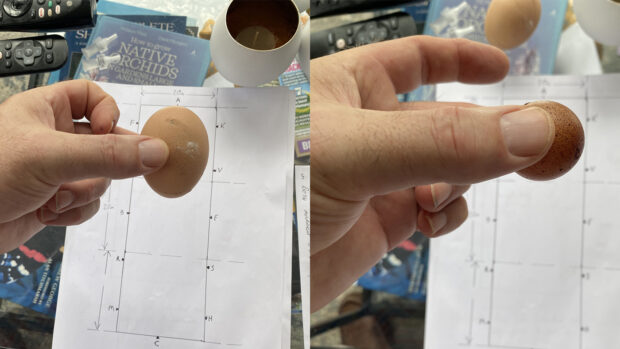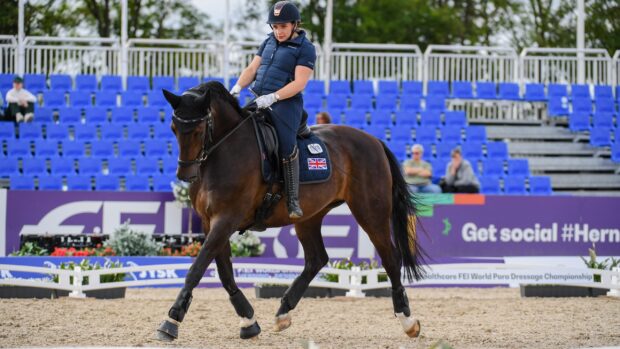It is widely accepted that riding is an excellent way to relax. Indeed, the way you sit in the saddle could even directly affect your mood.
Mood and posture
My work with people has shown me how profoundly our physiology (by which I mean the way we stand or sit – our posture) affects how we feel.
When we are depressed, you are likely to find that you are slightly bent over, probably looking down, your shoulders may be a little hunched and your back rounded. Your breath will probably be shallow and you may be breathing from the top of your lungs.
If you adjust your posture to one where you sit up tall, breathe deeply and relax your whole body to a position what is more open and positive, your whole perception and mood changes too.
The mind and body are so closely connected that to change the body posture will alter our mood, just as changing our mood will change the way we stand or sit.
What this shows is that the way in which we standor sit affects us deeply. So if we want to change our mood, one thing we can do is stand or sit differently and change our breathing pattern (how fast, slow and deeply we breathe).
The riding factor
A competent rider with a correct position will carry themselves in an elegant and effortless way. People who have studied a ¨good¨ riding position find that it is similar to ¨good¨ posture. It is also a posture that encourages us to have positive thoughts and a positive attitude.
I discovered the Alexander technique (which works with balance and posture) some 12 years ago, and after only three lessons my riding dramatically improved. I had not told my riding teacher that I had started Alexander lessons and at my next lesson he asked me, “what have you done differently recently? Your riding has changed a lot – for the better.”
The way an Alexander teacher encourages me to sit in a chair is very much like the way one sits on a horse. I find I am sitting with my chest softly open, my whole body free of unnecessary tension – for example, my shoulders are relaxed, my upper arms hanging easily down by my sides, and my arms are bent at the elbow. I come out of these lessons feeling refreshed, invigorated, and positive.
When I am able to maintain a “good” position in the saddle I think it has the same beneficial physiological effects on my mind and my attitude, as well as my body.
How do you feel?
I asked a friend, Sarah, whathappens when she rides. She told me how she could begin to ride with a whole series of problems in her mind but, as the ride went on, gradually these problems would just be left behind.
Nothing had really changed in the outside world, but she felt as if it had. Her perception of her problems had changed and they did not seem so serious. Her attitude was more positive. Could it be that her beautiful riding position had allowed her to process her problems differently, so they no longer troubled her?
Modern medicine has discovered that brain function is divided between the left and right cerebral hemispheres. It is generally accepted that the left brain is used for functions to do with logic, rational and analytical thinking, and rightbrain activity is linked to intuition and feeling.
Many of us will favour one or the other ¨ jobs that involve figures and organisation encourage left-brain thinking, whilst artists and musicians are more likely to use right-brain thinking.
We function at our best when both sides are working well and in harmony. Riding is an activity that encourages both hemispheres of the brain to “talk” to each other and come into greater balance, which also helps us to feel good.


